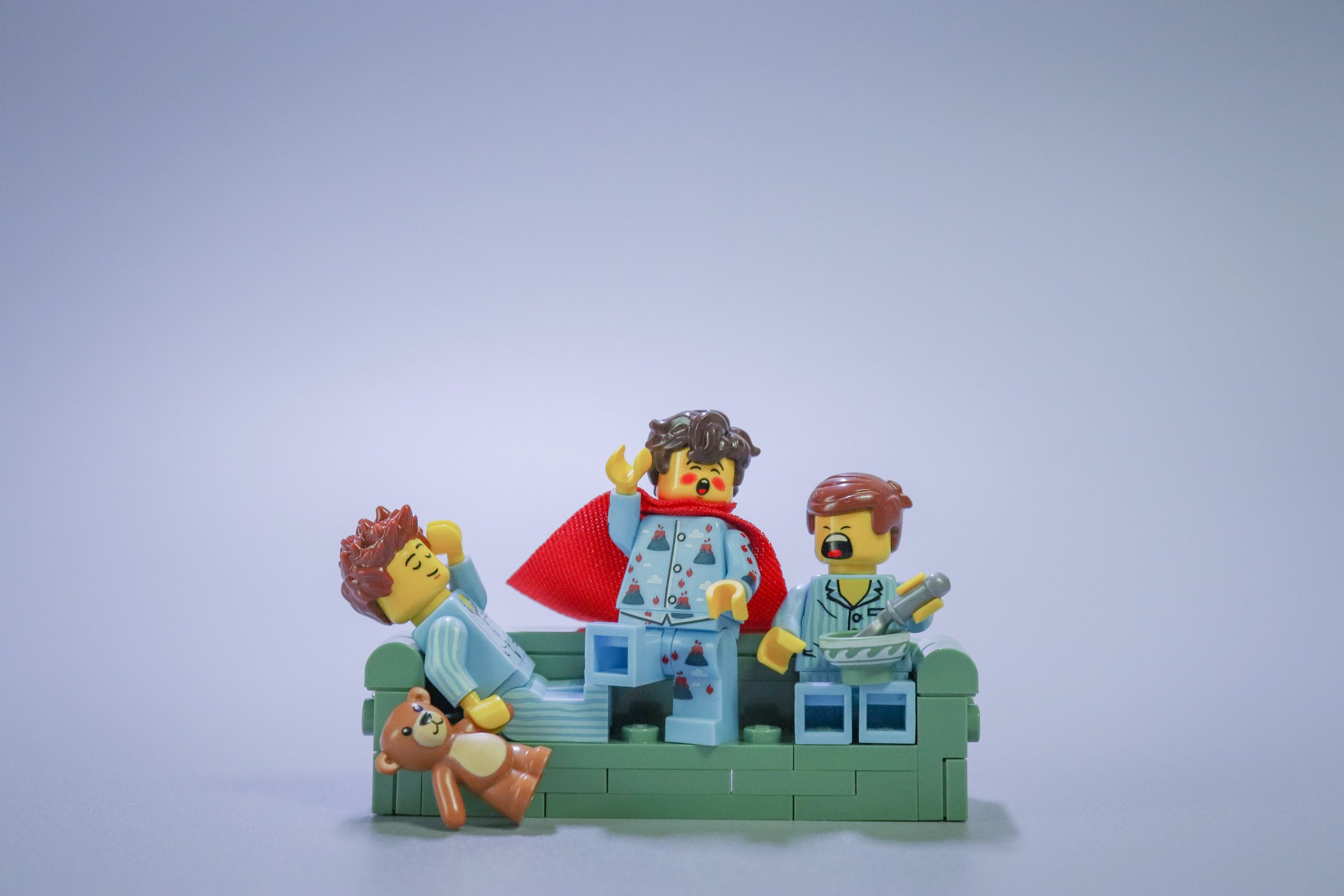Image by plo olq on Unsplash
“What’s your name?”
“Where are you from?”
These questions are not always easy to answer for some people from multicultural/complex family backgrounds, or someone who moves around often. Despite the wonderful adventures, experiences, and opportunities that come with being from such diverse and colourful backgrounds, there are similar challenges around identity that can come up for us.
Our self-identification can feel more complex to internally organise, which could affect our sense of self and belonging. Sometimes it can feel uncomfortable to share with others. Our explanation may feel wordy and complicated. We may become preoccupied with what others think of us, and if we would be fully understood. This could lead us to feel anxious about new social situations, and fear of not fitting in.
Of course, it doesn’t hit everyone in the same way, as we’re made of different life and genetic ingredients. It also may not be something that we notice or impact us until later in life – when we meet some of the bigger and more difficult life events and decisions. ‘Who am I?’, ‘What are my values?’, and ‘Where do I belong?’ are simple, yet big questions about our identity and internal senses, and they can affect the choices we make in life. Having clarity and feeling at peace about our identity helps solidify our sense of self, and enables us to live more authentically.
Don’t get me wrong, ‘clarity’ doesn’t necessarily mean neat and perfectly formed. It can be complicated and multi-layered, but it’s clear, true, and comfortable to us.
I was born in Thailand, to a Thai mum and a Chinese dad. Although my dad was born in Thailand, his family has strong Chinese values and we followed many Chinese traditions. My mum is Thai, she has Thai values and follows Thai traditions, despite her moving to the UK over 30 years ago. My parents split when I was a toddler, and I grew up with Thai and Chinese names (Ploy/Lyn). I moved to the UK in my early teens, and during the many adventures in my youth, I gained a new identity (Star), a non-conventional English one.
For a long time, each identity existed separately, due to different living and family situations, and each one had different histories, experiences, and even personalities, according to their associations. It may sound confusing, but growing up with multiple identities meant switching was seamless, I can automatically assume the appropriate name and role to fit my situation and surroundings. The switch was easy… until it wasn’t.
Living with multiple identities and cultures became more problematic after some challenging times, which prompted me to consider more about who I am and what I want out of life. Having a word with myself about life was ‘interesting’, I didn’t know what to call myself! I settled with ‘You’.
I realised that, when alone – away from the roles I play, I wasn’t sure who I was, or what role and purpose I served.
I wasn’t sure if I was Thai, Thai/Chinese, English, or all of the above. I think and dream in both Thai and English, does that make me ‘Thenglish’?! I wanted to be an exact something, but I didn’t feel truly fitted as anything. And where is home? Thailand or the UK? I moved back to Thailand a couple of times, but it never felt quite like home. Equally, I didn’t know if the UK was my ‘true’ home either. Nothing felt quite right. Sometimes, in different situations, I referred to Thai people as ‘they’ and English people as ‘we’, and vice-versa. Both felt wrong and brought guilt and shame. The inner critic would pop up – the Thai one: “You’re forgetting your roots!”. The English one: “You’ll never be one of us, you weren’t even born here!”
The preoccupation and uncertainty about who I was led to self-doubt, self-comparison, and the inability to live in the moment. I was always thinking, scanning, and searching – for a clear answer that felt right for me.
When we have unresolved internal conflicts, it can lead to emotional distress like frustration, insecurity, anxiety, and depression. The difficult part is, we may not know what it’s all about and where it’s coming from.
Identity issues are not always obvious, they slowly build over time and can show themselves when you’re not expected. We may be tempted to dismiss or minimise our struggles – taking the mentality of ‘other people suffered with worse’. We may rather get through it alone due to fear of being judged or misunderstood. I was fortunate enough to have worked with my counsellor for a couple of years. During that time, we got to know the different sides of all my identities – their wishes, fears, guilt, and shame.
I’ve learned that to resolve my internal conflicts, I had to:
-
Tell my story.
-
Openly and kindly get to know and accept all of me.
-
Give myself the compassion and empathy that I would give to a vulnerable child or friend.
-
Learn to recognise unhelpful beliefs.
-
Let go of guilt and shame.
-
Temporarily shut off the ‘noise’ and look inwards for answers.
-
Accept that acceptance and change don’t always come easy. Often, change takes time, and it can feel uncomfortable.
Turns out, I’ve had the answers I’ve been searching for all along. I just expected them to look different – neater, and more concise. Once I realised that – that’s just not me, and that is OK, the desire to neatly put me into a box started to melt away, and it was replaced by the appreciation for the uniqueness and richness of my life and who I am.
So nowadays, I no longer feel like I have multiple identities.
I’m just me, multidimensional. Sometimes I can relate to the world more from a Thai perspective, sometimes Chinese, and sometimes English. I still use all my different names, but they no longer feel like separate identities.
I must admit, it took me longer to understand where home is. The saying, ‘Home is where the heart is’ didn’t work for me, it implies one heart/one home. My heart is connected to more than one place for different reasons. Listening to my inner voice, I find peace knowing that Thailand is my roots, and the UK is my home, where I feel most certain and free. But I also have a second home, which is Chiangmai, because of the connections I’ve made and the diverse community of multicultural and transcultural people I feel a part of.
Have you experienced something similar? Perhaps with different kinds of identity issues, like gender, sexual, or occupational? How did you resolve your internal conflicts, or are you still working on it?
It’s not always easy to process and navigate this journey on your own, but you’re not alone and help is available. If you want to work through it together, I offer a free 15-minute intro chat, please do get in touch.



